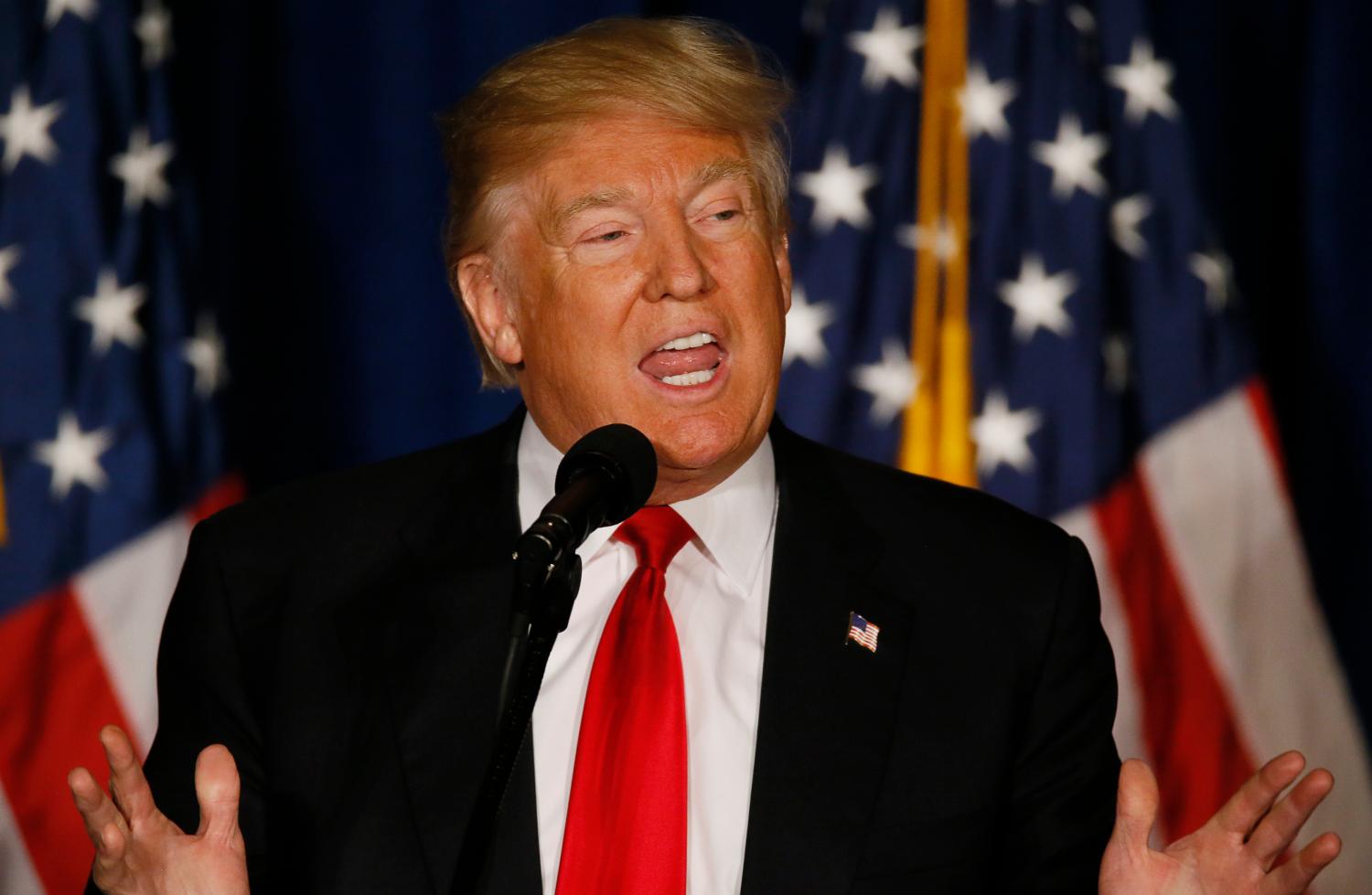Vladimir Putin certainly has a remarkable ability to woo American presidents and presidential aspirants. The budding bromance between the Russian strongman and Donald Trump is only the latest example. George W. Bush famously looked into his eyes and took stock, favorably, of Putin’s soul back in the early days of their respective presidencies.
Now, in the already-famous Jeffrey Goldberg article in The Atlantic, President Obama is portrayed as almost friendly to the leader of the Kremlin, despite what has happened from Crimea to eastern Ukraine to Syria in recent years—and despite what has happened within Russia itself. Remarkably, Obama describes Putin as consistently “polite” in their conversations. Furthermore, Obama seems to sympathize with Putin’s efforts to retain some influence and prestige for a declining power. Through this prism, Putin’s behavior is best understood almost as a form of insecurity rather than aggressiveness.
This perspective helps explain Obama’s restraint in addressing the Ukraine issue and in reacting to Russia’s role in Syria. The United States has not provided any notable lethal aid to the Ukrainian military in response to Russian aggression, has not ostracized Russia diplomatically (quite the opposite, in fact, particularly in regard to Syria lately), and has wielded even the economic sanctions tool with considerable restraint.
To my mind, there is virtue in much of Obama’s approach. Turning the dispute over Ukraine into a more militarized proxy conflict by providing substantial lethal assistance to Ukraine’s armed forces, for example, would likely only produce stronger Russian reactions and escalation, unintentionally but inexorably punishing the people of Ukraine along the way.
Thug life
That said, President Obama’s interpretation of Putin—and thus his case for showing restraint—does not hold water. More than an intellectual mistake, it is entirely unsustainable in American politics; there is no way the next president will maintain such a view. Even Trump would almost surely see his bromance with Putin fall apart (just like Trump’s relationship with Senator Ted Cruz deteriorated dramatically in recent months), since the Ukraine problem and other matters are unlikely to solve themselves and Putin is unlikely to take the initiative to solve them in good faith.
A more plausible interpretation of the Russian autocrat, of course, goes more like this: Putin is not genuinely polite. He is a thug who is cleverly duping Obama, like he duped Bush before him. He is smart enough to use conversation and superficial friendliness to soothe American leaders even as he acts in aggressive ways around the world. “Polite” is an unconvincing word to use for a leader who has imprisoned or otherwise muzzled most domestic opposition, seized not only part of Ukraine but, before that, chunks of Georgia, and used electoral shenanigans to turn himself into nearly a lifetime president. Then there is the provocative military behavior against NATO nations, neutral countries—and even the United States, with two Russian Su-24 planes buzzing the American guided missile destroyer Donald Cook earlier this month.
He is smart enough to use conversation and superficial friendliness to soothe American leaders even as he acts in aggressive ways around the world.
Nor should Putin be seen as simply struggling to hang out to some remnant of Russian greatness. He is far more assertive and arrogant than that. He considers Russia one of the world’s three or four great powers and is trying to maximize its influence, especially in the near abroad and among former or current client states. He is also showing assertiveness in the Arctic and wherever else he can. One of his stated goals in doing so is to reassert Russian prerogatives and greatness; another is to check America and its sanctimonious Western democratic allies. The Russian people may not be as ruthless as Putin, but he plays upon their feelings of embarrassment and embitterment resulting from the end of the Cold War and its aftermath, when Russia was weak and when NATO expanded up to its very borders.
The future of European security
There is still a powerful case for restraint in dealing with Russia, especially in regard to central Europe. There is some hope for the Minsk II process over Ukraine, with a semi-ceasefire holding. The next American president should work within its parameters, if possible, rather than up the military ante in the conflict. But the odds are against such restraint at present, given that few share Obama’s benign interpretation of Putin and what drives him.
We should also have a debate about an alternative eastern European security architecture that would create a zone of genuinely neutral states from Finland and Sweden down through Ukraine and Belarus and Moldova to Georgia. This would not be appeasement of Moscow. For it to work, Russia would have to verifiably pull out of the places in eastern Ukraine and northern Georgia where it is currently ensconced. And it would have to allow these countries access to whatever economic arrangements they chose over time—the decision not to consider them as potential candidates for NATO would not deprive them of broader economic and diplomatic prerogatives that any modern state is due.
Such a plan should not be considered because Putin is polite or reasonable, but because it is probably the only way to avoid an ongoing action-reaction spiral in U.S.-Russian relations, with even worse consequences still to come.
The case for working to build a more stable U.S.-Russian relationship in the future is already unpopular enough in American politics—it must not be conflated with a sympathetic or favorable interpretation of the Russian autocrat.
The Brookings Institution is committed to quality, independence, and impact.
We are supported by a diverse array of funders. In line with our values and policies, each Brookings publication represents the sole views of its author(s).





Commentary
U.S.-Russian relations beyond Obama
April 20, 2016